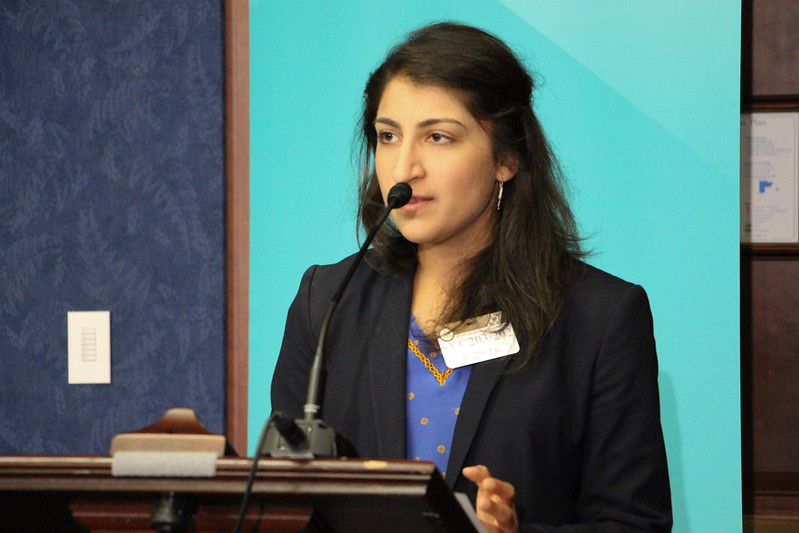“Today’s ruling only strengthens our demand for the right to join together in a union so that we can begin improving the gig economy for workers and our customers,” the case plaintiff said.
By Brett Wilkins Published 7-25-2024 by Common Dreams

Labor advocates on Thursday decried a ruling by the California Supreme Court upholding a lower court’s affirmation of a state ballot measure allowing app-based ride and delivery companies to classify their drivers as independent contractors, limiting their worker rights.
The court’s seven justices ruled unanimously in Castellanos v. State of California that Proposition 22, which was approved by 58% of California voters in 2020, complies with the state constitution. Prop 22—which was overturned in 2021 by an Alameda County Superior Court judge in 2021—was upheld in March 2023 by the state’s 1st District Court of Appeals.
Continue reading









